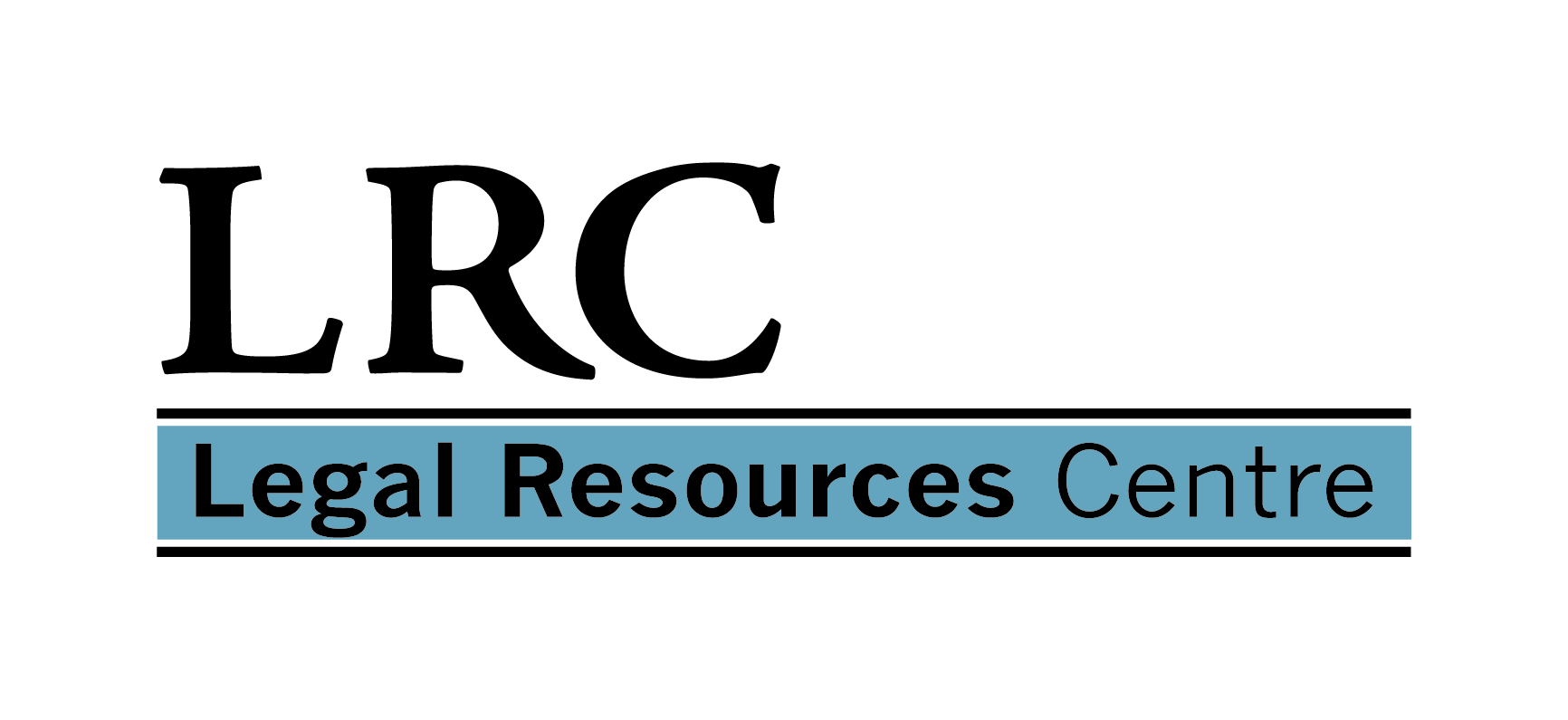For Immediate Release
20 January 2023
UN Special Procedures intervene in toxic legacy class action concerning lead pollution in Kabwe, Zambia
JOHANNESBURG — From this morning until 30 January, the South Gauteng High Court will hear arguments to determine whether the class action by the applicants of Kabwe District, Central Province, Zambia may be allowed to proceed in South Africa.
On 25 November 2022, the South Gauteng High Court ordered that the UN Special Rapporteur on Toxics and Human Rights; Special Rapporteur on Extreme Poverty and Human Rights; Special Rapporteur on the Rights of Persons with Disabilities; as well as the UN Working Group on Business and Human Rights and the UN Working Group on Discrimination Against Women and Girls be admitted as amici curiae (friends of the court) in an application to certify the class action against Anglo American South Africa by alleged victims of mining pollution in the Kabwe District, Central Province, Zambia. The admission of the United Nations Special Procedures was opposed by Anglo American South Africa. The Special Procedures are represented by the Legal Resources Centre.
The applicants seek certification of a class action against Anglo American South Africa to claim damages from Anglo on behalf of two proposed classes that reside in the Kabwe district and have suffered injury as a result of exposure to lead. The applicants allege that Anglo, through its mining activities conducted in Kabwe during the period 1925 to 1974, caused and materially contributed to the ongoing harm suffered by children and women of child-bearing age in Kabwe due to their exposure to lead pollution deposited in the vicinity of the mine and its surrounds.
Anglo denies causing the state of uncontrolled and polluted conditions in Kabwe and holds that it is not liable for any harm caused to the applicants, nor is it liable to remedy it. It alleges, amongst others, that Zambian Consolidated Copper Mines Limited (ZMCC) caused the failed state of the mine and concomitant environmental contamination in Kabwe and that ZMCC remains liable today for the rehabilitation and remediation of lead emissions in Kabwe.
Lead is a cumulative toxicant that affects multiple body systems and is particularly harmful to young children. The World Health Organization (WHO) has identified it as one of 10 chemicals of major public health concern – needing action by member states – to protect the health of workers, children and women of reproductive age. According to the WHO, there is no level of exposure to lead that is known to be without harmful effects.
Young children are especially vulnerable to the toxic effects of lead and can suffer profound and permanent adverse health effects and disabilities. Lead particularly affects the development of the brain and the nervous system. Pregnant women exposed to lead can result in harm to the foetus, and high levels of lead can cause miscarriage, stillbirth, premature birth and low birth weight. Lead also causes long-term harm in adults, including increased risk of high blood pressure and kidney damage.
The South Gauteng High Court will consider arguments based on international human rights law including the Guiding Principles on Business and Human Rights which address adverse human rights impacts linked to business activity and highlight the importance of access to remedies in cases of violations.
The UN Special Procedures will argue that Anglo made two elections: one, to commit itself to the Guiding Principles which requires businesses to promote access to justice in respect of human rights impacts and two, to oppose certification, which, if successful, would deny victims of human rights infringements access to justice. It is this type of inconsistent conduct on the part of Anglo which the UN Procedures submit should be considered as an additional factor that weighs in favour of certification in the interests of justice debate to be had before the certification court.
They further seek to persuade the certification court to extend the principle established in the Njongi case, which states that certain litigants attract heightened duties in litigation. It will be argued that private parties such as Anglo can also attract heightened duties in litigation. Anglo’s election to commit itself to the Guiding Principles includes a commitment to support access to justice where human rights impacts have occurred. It also includes the commitment to co-operate in processes designed to establish whether there is culpability for those human rights impacts. Having elected to commit itself to these principles, Anglo must then bear a heightened duty when it considers whether to oppose certification.
The UN Special Procedures seek ultimately to explain why Anglo’s election to abide by human rights principles has a necessary implication for the stance it took in the certification application. If the argument is accepted and Anglo’s stance is taken into account as an additional factor to weigh in the balance of what the interests of justice require, it is axiomatic that the argument will assist the certification court in its reasoning when deciding whether or not to allow certification.
The lawsuit was filed in South Africa as Anglo’s head office is based in South Africa. For various reasons, this type of class action would be unfeasible if brought in Zambia.
[ENDS]
Issued by the Legal Resources Centre
Media Enquiries:
Cell: 068 584 2442 / Email: thabo@lrc.org.za






